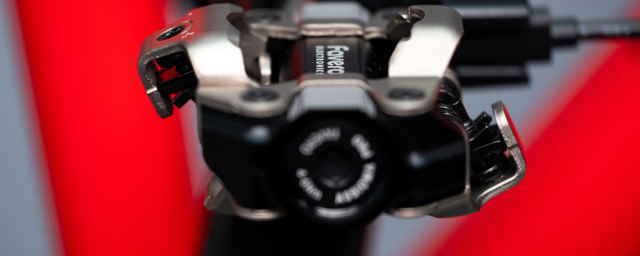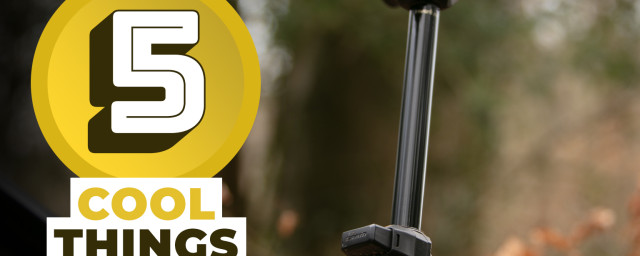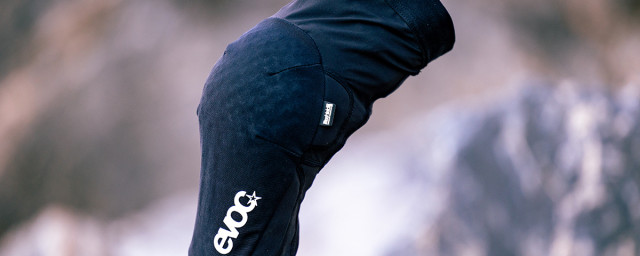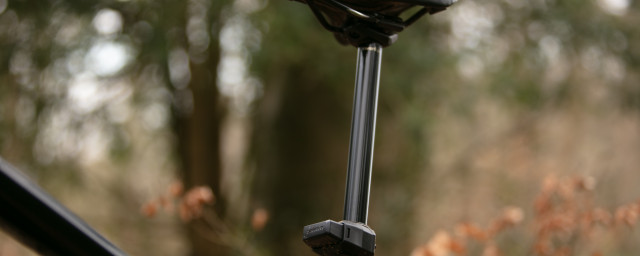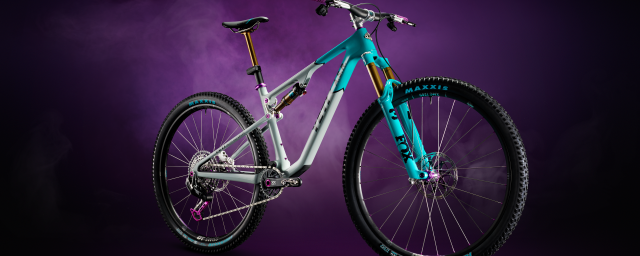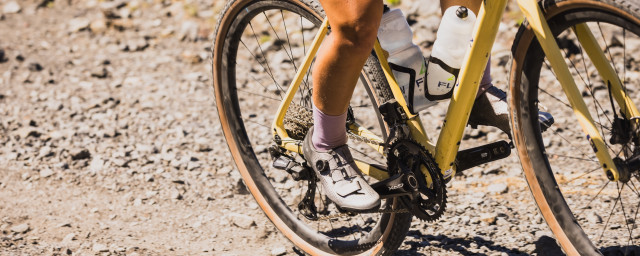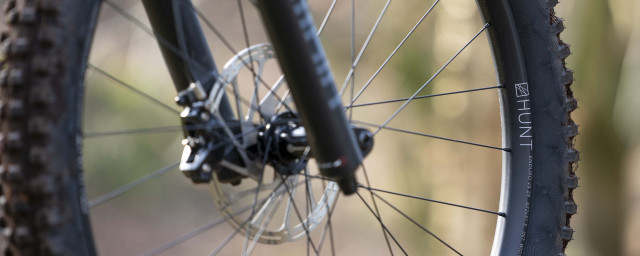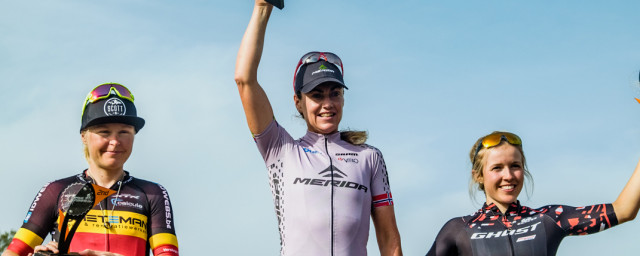Mountain Bike Icons – the Cory Wallace story
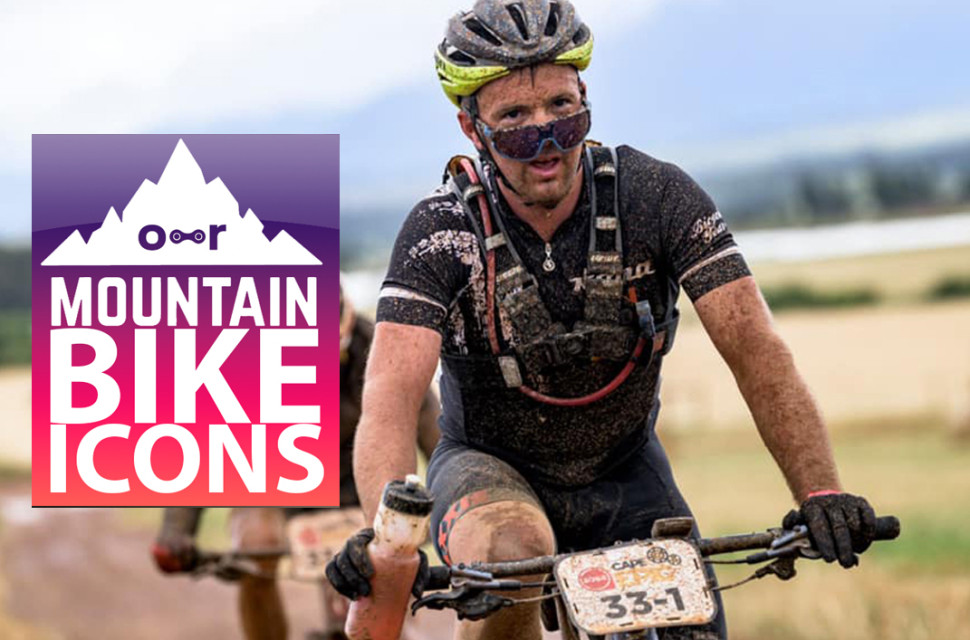
[Words by Steve Thomas / Photographs by Steve Thomas and Cory Wallace]
Canadian mountain biker Cory Wallace is the unsung and unassuming hero of off-road endurance racing, having won four 24-hour World titles (including the current title) plus victories in many of those major endurance single-day and multi-day races.
Cory has also set and broken a number of extreme FKTs (fastest known times), including for the Mount Kilimanjaro ascent and descent, the Annapurna Circuit in Nepal, and just weeks ago for the first-ever MTB FKT on the Everest Base Camp route from Lukla to EBC, which he completed in 11-hours 19 minutes.
- Mountain bike Icons - the greatest riders of all time
- Mountain Bike Icons - the Christoph Sauser story
- Best hardtail mountain bikes 2023 - great hardtails for every budget
However, unlike many pro racers, he’s not a pure race head and enjoys exploring the world by bike as much as he does winning races, and he spends most of his year bikepacking between classic races. Wherever you find yourself in the world there’s always a chance that you’ll bump into Cory.
The Rocky and Hockey beginning
Stranded at the northern tip of the Icefields Parkway, the Rocky Mountain town of Jasper is a paradise for adventurous and hardy outdoors types, and is home to some epic mountain biking. Yet, in Canada, it’s ice hockey that rules the sporting roost and is also where Cory’s early ambitions lay, as he explains.
“I grew up in the (Canadian) Rocky Mountain town of Jasper, and I was a hockey player - that was my dream. I biked in the summer just to get to the fishing holes, and Jasper is in the middle of one of the best biking areas I’ve ever seen.”
After a while, he started to take more to singletrack than the ice rink.
“Over time I took a liking to biking; it took me to some far-off spots and the best fishing holes. When I was 14, I went to my first mountain bike race and won it. I still focused on hockey until I was 21 but, at that point, I knew that I wasn’t going to the NHL (National Hockey League) and so I took a couple of years off. I went tree planting, did a bit of college, and then, when I was 23, I really got back into it (MTB). I signed for the Kona Factory Team when I was 25, and since then it’s just taken off.”
Finding the long way around
Having lost his biking legs due to time out, Cory decided to regain his form in an old-school way.
“To help me get back into racing I wanted to do a big bike tour. I went down to the southern tip of Chile and biked back through Northern Peru over the course of two months, camping mostly.”
The experience gave him a taste for endurance riding.
“Later that year I went to La Ruta de los Conquistadors (MTB stage race) in Costa Rica in 2006-7, I did it three years in a row and was always between 10th -15th, which was pretty good. So I sent Kona an email and said that I really wanted to ride for them, and asked if they had any endurance spots on the team. They didn’t, but said they would keep me in mind.”
Realising going long was his forte, he persisted and eventually got the results and deal he was looking for as an aspiring athlete.
“The next summer I had a good race at the 24-Hours of Canmore (5th, it was the World Championships that year), I also won the Canadian Marathon Championships, and after that, I signed for Kona.”
Endurance was just where I excelled. I tried XCO, but my body is better suited to endurance.”
All night racer
Cory has won the World 24-Hour Championship four times and yet it doesn’t currently hold official UCI Championship status, is that important to him?
“UCI recognition would probably help the status of it, just because the UCI is so big. But, I personally support the WEMBO organisation that organises the race. They’ve been great for the sport and earned a great name. Over the years they’ve become really well known and they switch the venues between hemispheres. The race is never in the same country; it’s global and a true World Championship.
If the UCI took hold of it, in my opinion, it would just be in Europe. I think 9/10 of the last World Marathon Championships have been in Europe.”
Fastest known times
For huge chunks of the year, Cory spends his time as a nomadic bikepacker, travelling through the Americas, Africa and Asia mostly. Along the way, he turns this into his training and incorporates races, too, plus he also adds in some extreme FKTs to bolster his value to his sponsors. How differently does he value the FKTs compared to race results?
“FKTs and actual race results are both equally meaningful to me. Both are different challenges. FKTs take a lot of self-discipline as they are often done alone and require a lot to set up and a high level of motivation. They can also be fairly long and challenging events, often going through the night in quite remote parts of the world.”
With the legendary Annapurna Circuit and Kilimanjaro FKTs already bagged on 21 May he took on the ride from Lukla to Everest Base Camp, which he finished in 11 hours 19 minutes to set the FKT.
“Overall it was 80% rideable until the last 5km, which was brutal at 5,100 meters high – the tough days are the most memorable.”
The highs and lows
“Career highlights have been getting to travel around the globe, meeting new people, seeing new lands, and taking on new challenges. Rides such as the FKT up Kilimanjaro or riding around Kenya and Tanzania during the pandemic with no real plans are things I'll never forget. Winning four World 24-hr Championships, a couple of Canadian Marathon Champs and races like BCBR are also highlights which are special.
The tough times have been when I've overtrained myself and realised that I can't do everything all at once! There are so many cool races and adventures to go on, it is tough to hold back sometimes.”
Positive twists
His recent adventures also turned into misadventures, and yet they turned out to be great life experiences.
“The two times I was stranded due to COVID-19, in Nepal in 2020 and South Africa in the winter of 2021, taught me a lot about just enjoying wherever I was. Nepal was easy, it has become a second home. Being stranded in the Himalayas and living with some monks was one of the best living situations I've ever been in. I also have a great community of friends in Nepal so there was a lot of support around.
Africa was another story as Cape Town wasn't a spot that I was too familiar with, although I did have an amazing place to live thanks to my friend Adi who set me up in his mansion. Both experiences were very different but gave me a lot of time to reflect and to learn to be happy in my own company. It also taught me that wherever you are, there are surely good things around, you just need to go out and find them. In Africa, this meant taking on some big challenges like the 1,000km Munga race and then loading up my bike packing bags and going on a three-month journey across Kenya and Tanzania. I found that as long as I kept myself busy life was good! The most important thing was to not sit at home and dwell on the news or look at my phone too long.
The ride ahead
“I'm very grateful for the career I've had, bigger adventures and more has been accomplished than I could have ever imagined. While the legs and body are still strong I hope to keep on competing in races around the World, aiming at some new ones to keep things fresh. I'll try to play to my strengths more and aim at the longer more adventurous races. It would also be fun to tackle more big FKTs and multi-day adventures in far-off lands as travelling and exploring are two of my favourite things in the world.
At the same time, I've spent a career living for myself, gaining experiences and knowledge, and feel it is now time to start passing it on more to future generations. Through coaching and camps, I hope to have a chance to help inspire the future generations and those riders in far-off countries who aren't as privileged.”





